Description

List of the 10 best-funded startups in Germany
In the following, we present the most strongly financed startups in Germany. The focus is on Auto1 Group, for example, which recently mastered the IPO. Other highly financed companies are also candidates for the stock market. In the following, we present a list of the best-funded German startups and discuss their business focus and investors.
1. Auto1 Group SE (Berlin)
The Berlin-based used car startup Auto1 is one of the best-funded startups in Germany: over 1.3 billion euros in venture capital flowed into the company. This was followed by the brilliant IPO in January 2021. The Auto1 Group focuses on buying and selling used cars, for example via the portal wirkaufendeinauto.
Update 2023: The co-founder of the used car company Auto1, Hakan Koc, now sits on the company’s supervisory board. On the VC scene, the entrepreneur is now planning to enter the telecommunications business. With betterroaming.com, the terrain of data roaming, which is often opaque for customers, is to become transparent and affordable.
2. N26 GmbH (Berlin)
Berlin-based startup N26 is one of the most successful neobanks in Europe. The bank has already acquired at least 3.5 million customers, probably a much higher number. N26’s focus is a “digital first” experience for customers. Currently, Neobank is also expanding in other European countries. Investors include the likes of Insight Venture Partners, Tencent and Allianz X.
3. GetYourGuide Deutschland GmbH (Berlin)
GetYourGuide focuses on brokering trips, tours and activities. Softbank’s Vision Fund is also invested here; the funding sum stands at over 650 million euros. Other investors include Searchlight Capital and KKR.
4. FlixMobility GmbH (Munich)
FlixMobility has developed from a bus travel provider into one of the world’s leading mobility groups. The focus is on offering a comprehensive range of bus travel and rail travel. It even competes with its domestic state rival – Deutsche Bahn – on long-distance routes in the German rail network. This is rewarded by investors such as TCV and Permira with over 500 million euros in invested capital.
5. GoEuro (Berlin)
GoEuro is the operator of the portal Omio, through which rail, bus and air travel can be compared and purchased. Backers have already put over 400 million euros into the Berlin startup, including Singapore’s sovereign wealth fund Temasek or Goldman Sachs.
6. Lilum GmbH (Starnberg)
The Bavarian startup Lilum is building vertical takeoff aircraft that will revolutionize air travel. So far, over 375 million euros have been injected into the startup, including from Tencent, Atomico or Baillie Gifford.
7. TIER Mobility (Berlin)
The e-scooter boom in Germany has also been driven by mobility provider TIER Mobility. More than 375 million euros have also been invested in TIER, including by Softbank’s Vision Fund or RTP Global.
8. Celonis SE (Munich)
The Munich-based software company Celonis focuses on the development of process analysis software. With this software, companies can identify savings and visualize processes by analyzing SAP data. Customers of the leading process mining company include Siemens, UBER and Lufthansa. Among the investors who have already invested over 370 million euros in the company is the prominent investor Accel.
9. wefox Germany GmbH (Berlin)
Wefox is one of the best-known insurtechs in Germany. Its focus is on a new experience when taking out insurance. The digital insurance broker raised over 370 million euros, including from the Samsung Catalyst Fund.
10. Grover Group GmbH (Berlin)
Through Grover’s service, electronic devices of all kinds (such as laptops, cameras or smartphones) can be rented on a monthly basis. Investors rewarded this with investments of over 300 million euros; the backers include the Main Incubator or Samsung Next.
Picture source: UNSPLASH STUDIO , Alesia Kaz via Unsplash (06.02.2024)

German Start-ups: The 200 fastest-growing young companies
German startups are playing an increasingly defining role in the German corporate landscape. International investors are interested in German startups, triple-digit million financing rounds are announced almost weekly, and formerly small teams are turning into listed global corporations (Zalando and Delivery Hero send their regards). Startups also play a major role economically: in some cases, they create thousands of jobs in Germany’s cities, employ masses of freelancers, and are open to new products and the major customers of tomorrow.
Our German Startup List gives a unique insight into the German startup landscape. After months of research, our team created a selection of the 200 fastest-growing and best-funded startups. Venture capital-financed startups, as well as equity-financed ones, were taken into account. The list is also a part of our list of Germany’s largest companies and thus contains the same information (contact details, revenue figures if available), CEO names, industry classification, activity description. In addition, we also provide data on funding or why we included the company in the list.
How did we compile our list?
Various starting points have been incorporated into our research. One important starting point is the financing rounds of the startups. The more money available, the more employees are hired, the more is invested in growth. For this, we searched public sources and always indicated them. In addition, we have also taken into account other points of information in our research, such as rankings, awards or news reports. The result is a valuable list of the most important, largest and fastest growing startups in Germany.
Note: the list is an elaborately researched, editorial compilation. Nevertheless, it is always possible that there are some startups that we have wrongly left out of our overview. We look forward to receiving your input and suggestions at contact [at] researchgermany.com
These industries are highly represented
Traditionally, the German economy is dominated by industry. While this is also reflected in the startup list, most startups are nevertheless in the software sector. However, many exciting startups are still focused on industry. Laserhub, for example, a startup from Stuttgart, digitizes metal parts procurement. Through the portal, for example, laser cutting, bending and folding, as well as CNC turning tasks can be ordered digitally.
Map of the most relevant players
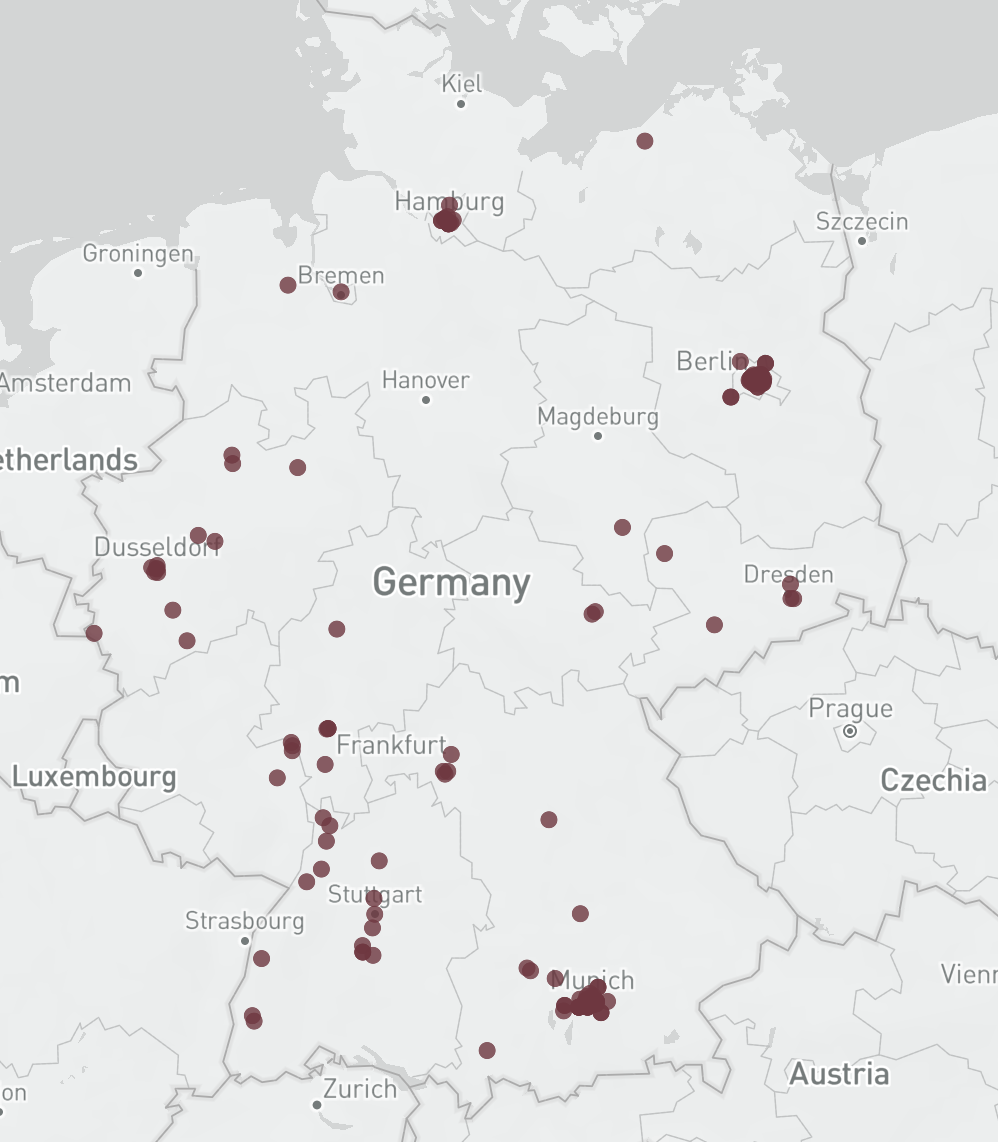
The map on the left represents all 200 startups from our list. It is immediately apparent that there are several regional startup hotspots in Germany. For one, there is Berlin, the capital city that is also known beyond the country’s borders and is considered a startup metropolis. The three best-funded startups (Auto1, N26, GetYourGuide) have their headquarters in Berlin. In addition, Munich stands out as the home of numerous startups. The universities and numerous large companies there are a magnet for startups such as Personio or Celonis. But other regions in Germany are also home to growing and well-financed startups, such as the Stuttgart metropolitan region, the Cologne-Düsseldorf-Aachen region and Hamburg.

Any questions? Get in touch!
Leo Semmelmann, Founder
contact [at] researchgermany.com
+49 (0) 89 38466606
We are looking forward to help you in case of any questions, remarks and individual requests. Feel free to get in touch via email, live chat or phone. We can also offer you package prices and can create individual lists.

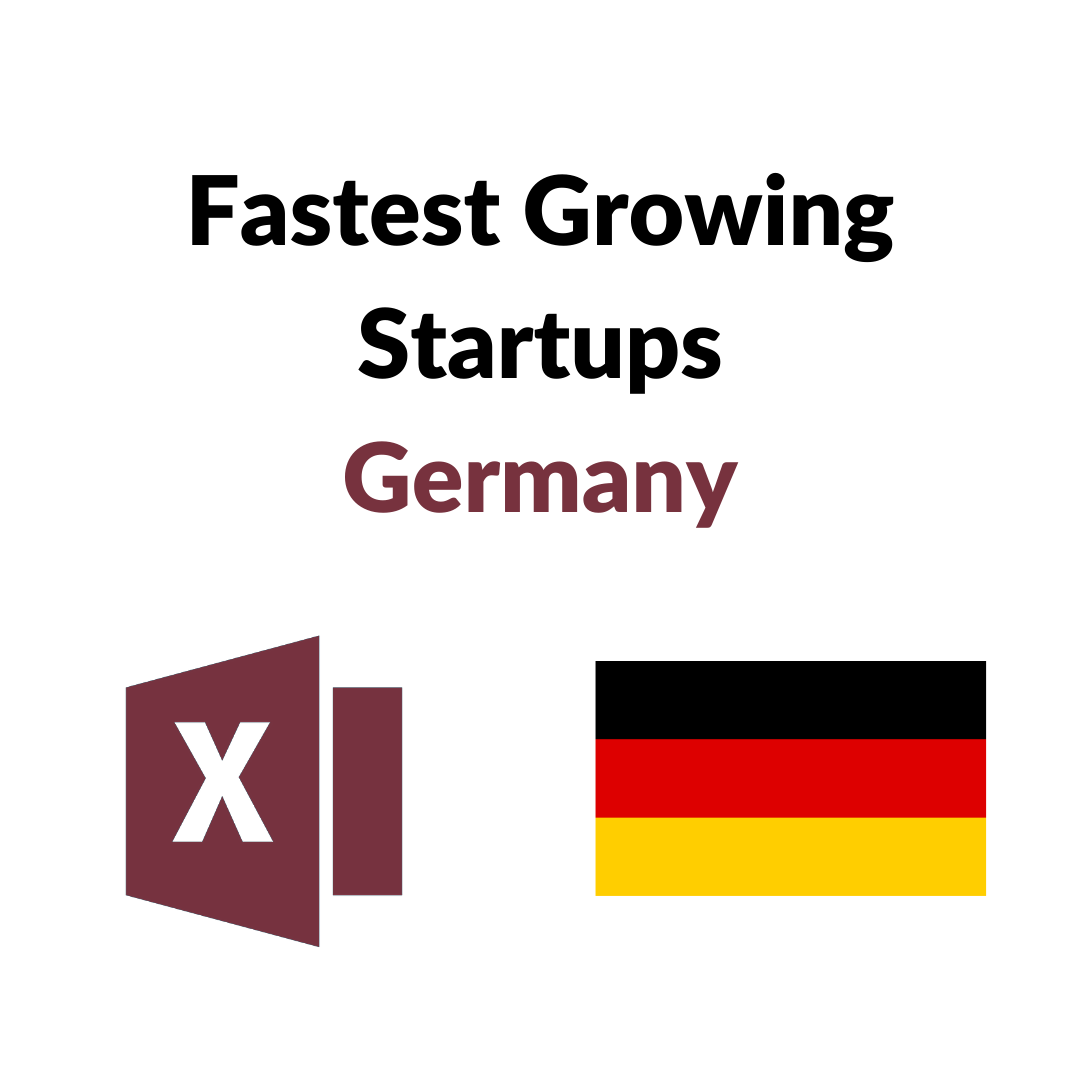
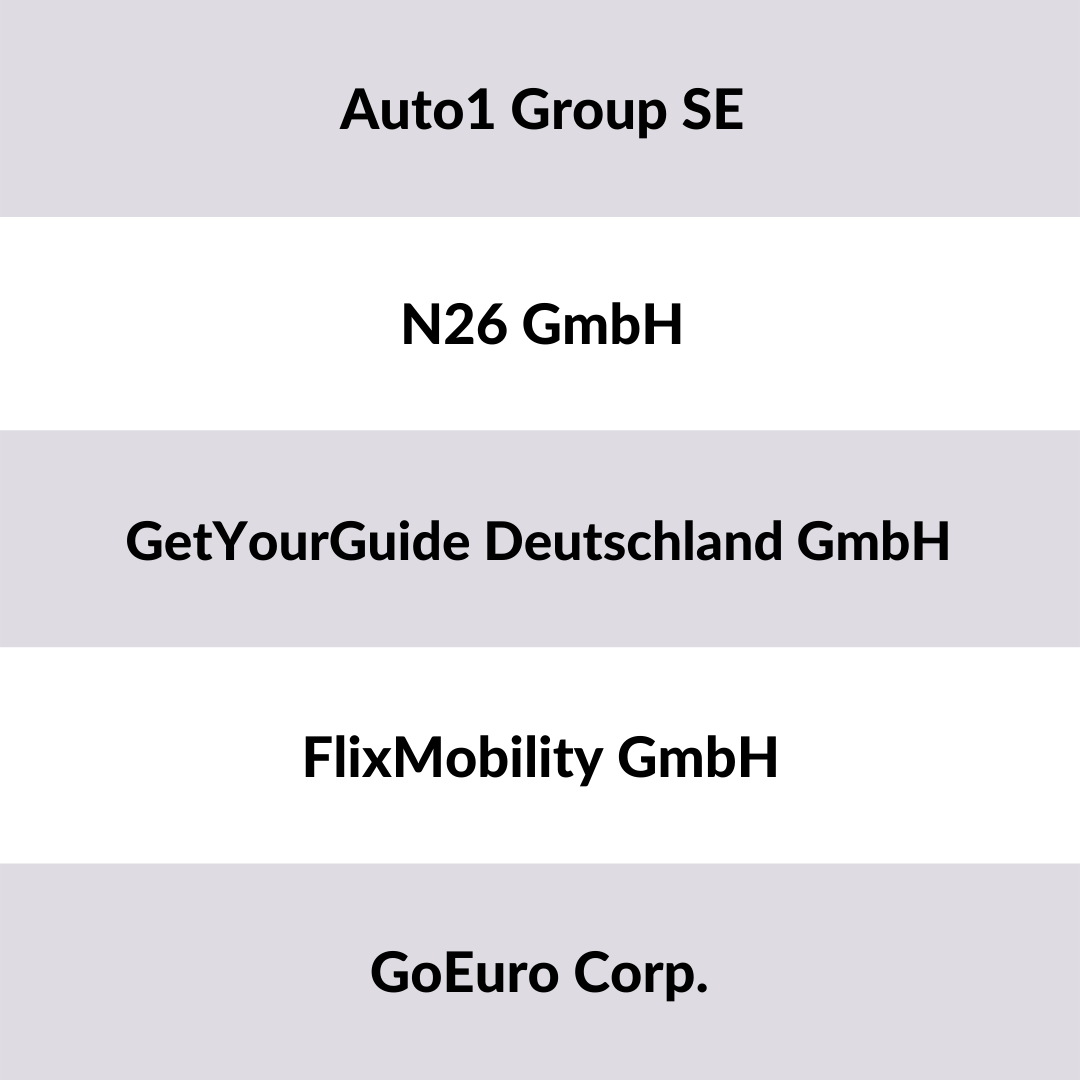
 Contains the 200 fastest-growing German startups, downloadable as an Excel file.
Contains the 200 fastest-growing German startups, downloadable as an Excel file.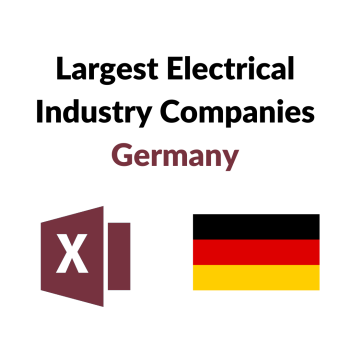
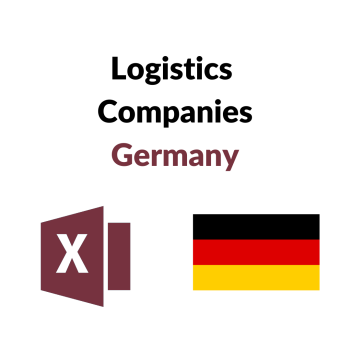
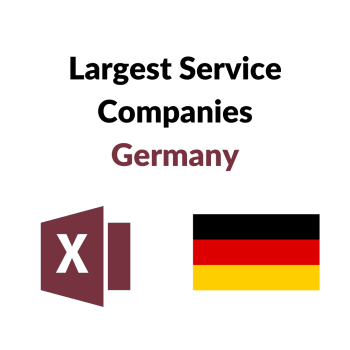
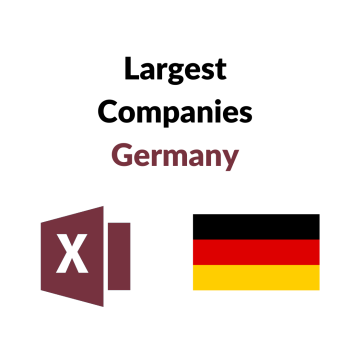
Henry S. (verified owner) –
a great list with all relevant startups in Germany! I am particularly convinced by the cross-sector selection of entries